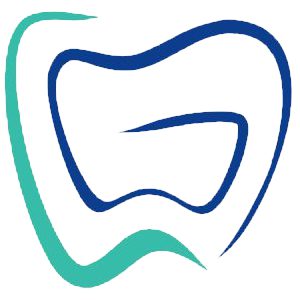Frequently Asked Questions
For your convenience, we accept cash, checks, cashier’s checks, Visa, Master Card, AmEx, and Discover. We also accept payments via Paypal and Venmo. If none of these payment methods suits your needs, we also provide payment plans through our office or third-party financing through Care Credit. We also provide discounts for those able to pay in full at the time of service. If you have any more questions regarding payment methods, please give us a call at (215) 654-5380 and we’ll do our best to find the right solution for you.
We will take every measure to ensure that your procedure is in no way uncomfortable or painful. If treatment is needed, we will inject a small amount of anesthesia to gently numb a concentrated area of your mouth. For most patients, the feeling of numbness usually subsides after 2-3 hours.
Keeping your natural teeth for as long as possible is very important for proper eating and chewing functions. There are several options available for missing teeth , such as dentures, partial dentures, dental implants and fixed dental bridges. However, these alternatives can be more expensive than saving your tooth with a root canal treatment.
The root of the tooth is not removed. It is the pulp from inside the tooth that gets infected and needs to be removed.
With the technology available at our office, most root canals can be performed in one or two office visits.
Many people believe that having a crown on a tooth means that the tooth will eventually need a root canal. Crowns do not cause the need for a root canal therapy. If a crowned tooth does require a root canal treatment, it could be that the tooth has abscessed or that decay has gotten underneath the crown and reached the pulp of the tooth.
There is no evidence to support that the root canals cause illness. However, there is evidence to support the fact that people who have had root canals are no more at risk for developing illness than people who never had root canals.
If the tooth is properly restored, and you maintain good oral hygiene and visit your dentist for regular checkups, it is more likely your natural tooth could last for the rest of your life.
After having a root canal treatment it is extremely important to make an appointment with your dentist to have the tooth permanently restored. After the pulp of the tooth has been removed , the tooth can become brittle and a permanent restoration can help protect your tooth from fracturing.
Yes, for most root canal treatments, we recommend that patients return to the office 1 year after the procedure was finished. Our office will send a reminder notice to you when you are due for a recall appointment.


